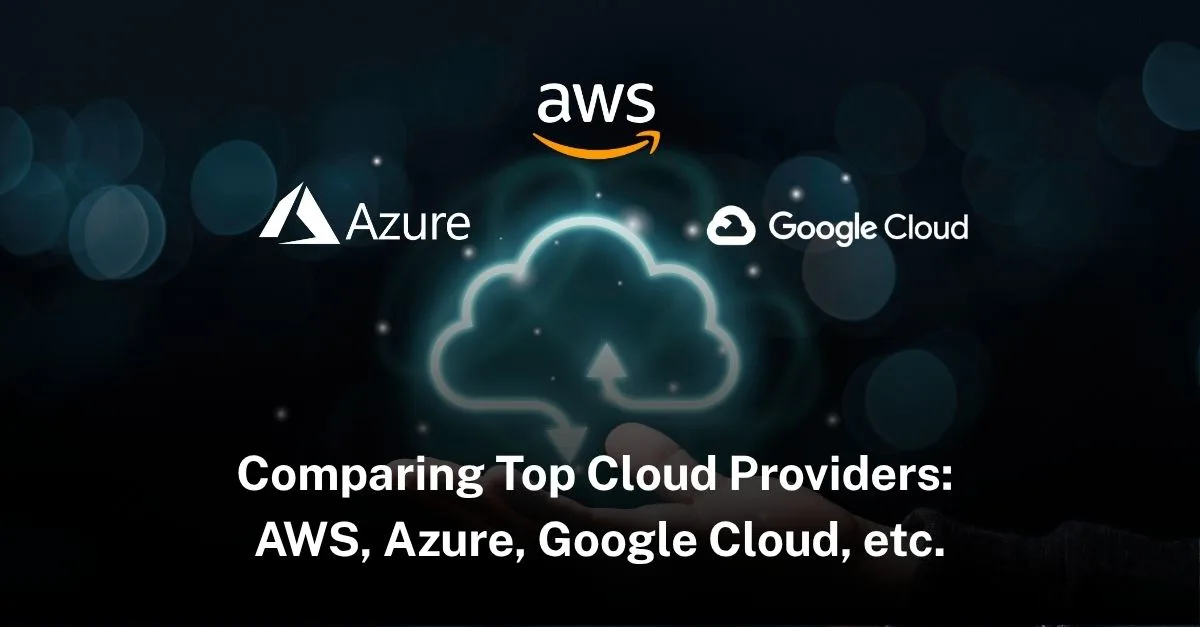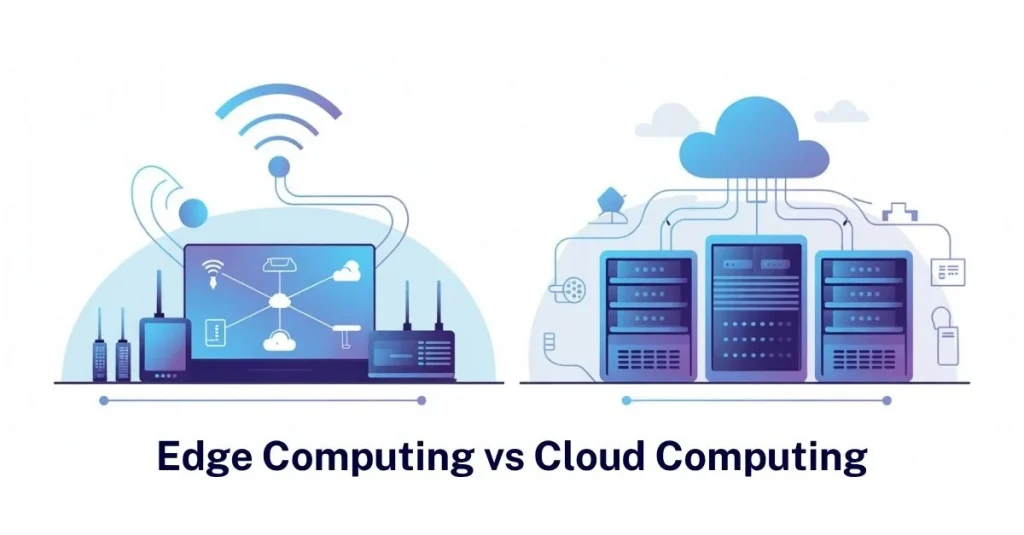As businesses and organizations continue to embrace digital transformation, cloud computing has become a cornerstone of modern IT infrastructure. Among the leading cloud service providers are Amazon AWS, Microsoft Azure, Google Cloud, Alibaba Cloud, and Tencent Cloud. Each platform offers a range of services and capabilities that cater to different needs, from startups to large enterprises. This article provides an overview and comparison of these major cloud providers to help you understand their strengths and choose the right one for your needs.
Amazon Web Services (AWS)
Overview:
- Founded: 2006
- Market Share: AWS is the largest cloud service provider, holding approximately 32% of the global market share.
- Global Presence: AWS operates in 25 geographic regions and 81 availability zones, with plans to expand further.
Key Services:
- Compute: Amazon EC2 (Elastic Compute Cloud) provides scalable virtual servers.
- Storage: Amazon S3 (Simple Storage Service) is widely used for object storage.
- Databases: Offers managed database services like Amazon RDS (Relational Database Service) and DynamoDB.
- AI & Machine Learning: SageMaker is a popular service for building and deploying machine learning models.
- Serverless Computing: AWS Lambda allows users to run code without provisioning or managing servers.
Strengths:
- Mature Ecosystem: AWS has a vast range of services, tools, and third-party integrations.
- Scalability: Ideal for businesses of all sizes, from startups to global enterprises.
- Security: Comprehensive security features and compliance certifications.
Use Cases:
- E-commerce platforms, large-scale enterprise applications, machine learning workloads, and big data processing.
Microsoft Azure
Overview:
- Founded: 2010
- Market Share: Azure holds about 20% of the global cloud market.
- Global Presence: Azure is available in 60+ regions worldwide, offering extensive coverage.
Key Services:
- Compute: Azure Virtual Machines provide scalable cloud-based compute resources.
- Storage: Azure Blob Storage is a massively scalable object storage service.
- Databases: Azure SQL Database and Cosmos DB offer relational and NoSQL database options.
- AI & Machine Learning: Azure Machine Learning is a powerful platform for building AI models.
- Hybrid Cloud: Azure Arc extends Azure management to any infrastructure, supporting hybrid and multi-cloud scenarios.
Strengths:
- Integration with Microsoft Products: Seamless integration with Windows Server, Active Directory, and Office 365.
- Hybrid Cloud Capabilities: Strong support for hybrid cloud environments makes it a top choice for enterprises with on-premises infrastructure.
- Enterprise Focus: Azure is particularly popular among large enterprises due to its extensive enterprise-grade features.
Use Cases:
- Hybrid cloud environments, enterprise applications, data analytics, and AI-driven solutions.
Google Cloud Platform (GCP)
Overview:
- Founded: 2008
- Market Share: GCP has around 9% of the global cloud market.
- Global Presence: Google Cloud operates in 29 regions and over 100 availability zones.
Key Services:
- Compute: Google Compute Engine provides scalable virtual machines.
- Storage: Google Cloud Storage is a reliable, secure, and durable object storage service.
- Databases: Cloud SQL and Bigtable are popular managed database services.
- AI & Machine Learning: Google AI Platform and TensorFlow are leading tools for AI and machine learning.
- Big Data: BigQuery is a serverless, highly scalable data warehouse for large-scale data analytics.
Strengths:
- Data Analytics and AI: GCP excels in data analytics, machine learning, and big data processing.
- Networking: Google’s global fiber network offers high-performance networking capabilities.
- Open Source Collaboration: Strong support for open-source technologies and developer-friendly tools.
Use Cases:
- Data-driven applications, AI and machine learning projects, large-scale data analytics, and digital transformation initiatives.
Alibaba Cloud
Overview:
- Founded: 2009
- Market Share: Alibaba Cloud holds about 6% of the global market, with a strong presence in Asia.
- Global Presence: Operates in 24 regions and 76 availability zones, with a focus on Asia-Pacific markets.
Key Services:
- Compute: Elastic Compute Service (ECS) offers a wide range of virtual machines.
- Storage: Object Storage Service (OSS) provides scalable storage options.
- Databases: ApsaraDB offers a variety of managed database services, including RDS and NoSQL.
- AI & Machine Learning: Machine Learning Platform for AI (PAI) is used for building and deploying AI models.
- Cloud Security: Anti-DDoS and Web Application Firewall (WAF) are key security services.
Strengths:
- Strong Presence in Asia: Alibaba Cloud is the dominant cloud provider in China and has extensive reach across Asia.
- Cost-Effective Solutions: Competitive pricing, particularly in the Asia-Pacific region.
- E-commerce Expertise: Tailored solutions for e-commerce platforms and businesses.
Use Cases:
- E-commerce platforms, businesses targeting Asian markets, and startups seeking cost-effective cloud solutions.
Tencent Cloud
Overview:
- Founded: 2010
- Market Share: Tencent Cloud has around 2% of the global market, with a focus on China and Asia.
- Global Presence: Operates in 26 regions and 53 availability zones, with a strong focus on Asia.
Key Services:
- Compute: Tencent Cloud CVM (Cloud Virtual Machine) provides scalable computing power.
- Storage: Cloud Object Storage (COS) offers secure and scalable storage solutions.
- Databases: TencentDB offers managed databases for MySQL, SQL Server, and more.
- AI & Machine Learning: AI-based services include facial recognition, natural language processing, and more.
- Gaming Solutions: Provides tailored cloud solutions for the gaming industry, including GME (Game Multimedia Engine).
Strengths:
- Strong Presence in China: Dominant in the Chinese market, with deep integration into the local ecosystem.
- Gaming Industry Focus: Leading provider of cloud services tailored to gaming companies.
- Multimedia Services: Extensive support for media processing, live streaming, and video-on-demand.
Use Cases:
- Gaming and multimedia services, businesses targeting the Chinese market, and AI-driven applications.
In a nutshell,
Each cloud provider—Amazon AWS, Microsoft Azure, Google Cloud, Alibaba Cloud, and Tencent Cloud—offers unique strengths and services tailored to different business needs.
- AWS is the go-to choice for businesses seeking the most mature and extensive cloud platform.
- Azure is ideal for enterprises heavily invested in Microsoft products and hybrid cloud environments.
- Google Cloud stands out for its data analytics, AI, and open-source support.
- Alibaba Cloud is a strong contender for businesses operating in Asia, especially in e-commerce.
- Tencent Cloud excels in gaming and multimedia services, with a strong focus on the Chinese market.










Leave a Reply